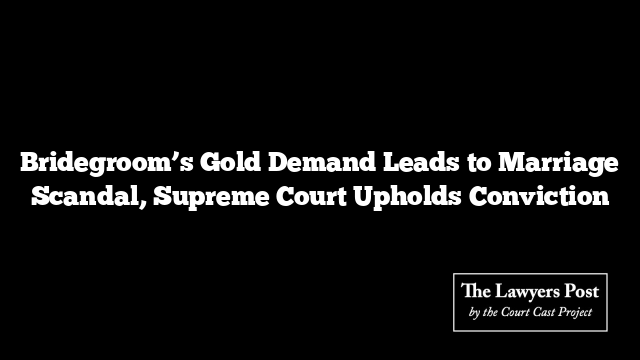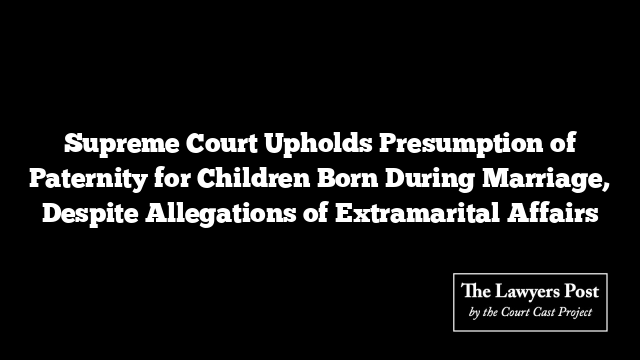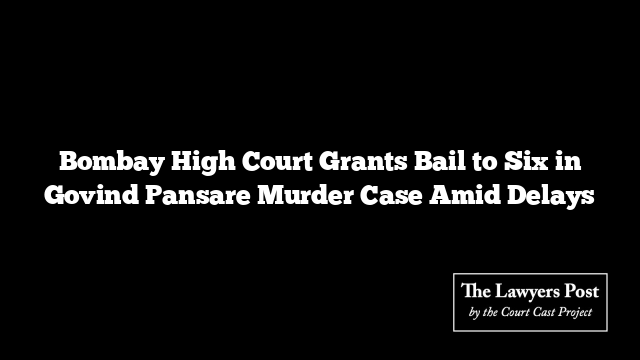In a remarkable turn of events, the Supreme Court has upheld the conviction of a man for harassment under Section 498A of the Indian Penal Code and Section 4 of the Dowry Prohibition Act, after he demanded 100 sovereigns of gold as a precondition for participating in his own wedding reception. The dispute, which stemmed from a marriage that lasted only three days, was rooted in the bridegroom’s refusal to cooperate with the wedding ceremony unless his gold demand was met.
The incident took place following an engagement in 2006, when the groom and his family made it clear that they would only attend the wedding reception if the bride’s family agreed to their hefty demand for dowry. Despite the bride’s family attempting to carry out the customary rites, the groom’s family obstructed these rituals. As the reception unfolded, the groom was seen distancing himself from the proceedings, standing off to the side, and refusing to rejoin the festivities unless the gold was handed over. His family even declined to participate in wedding photographs, further escalating tensions.
The Court found clear evidence that the groom’s behavior amounted to harassment aimed at coercing the bride and her family to fulfill his unlawful demand. It ruled that the conditions for both Section 498A and the Dowry Prohibition Act were undeniably met.
However, recognizing mitigating factors such as the brief duration of the marriage and the significant passage of time—since the marriage lasted only three days and the case was nearly two decades old—the Court reduced the groom’s sentence to the time he had already served. His potential for positive contributions to society, given his profession as an IT professional, was also taken into account, leading to a more lenient sentence.
In addition, the Court directed the groom to pay a compensation of Rs. 3,00,000 to the wife for the benefit of her children, despite the absence of a voluntary offer from the appellant. The case followed the precedent set in the Samaul Sk. case, in which a similar conviction resulted in a reduced sentence alongside compensation for the victim.
With this judgment, the Court concluded that justice would best be served by imposing this reduced sentence and compensation, emphasizing a reformative approach to criminal justice.





